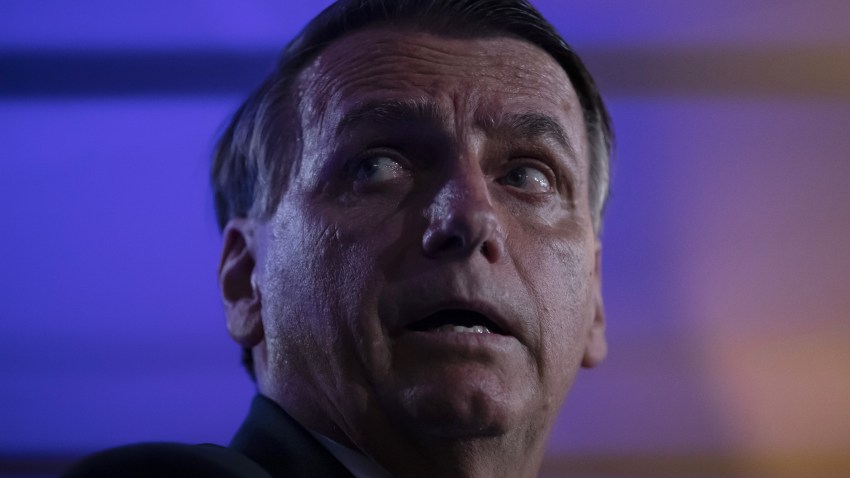Brazilians go to the polls Sunday in a presidential election that has captured global attention, pitting left-wing former President Inacio Luiz “Lula” da Silva against the far-right incumbent, President Jair Bolsonaro. The contest has become a poster child of the “democracy versus autocracy” narrative, given Bolsonaro’s populist, authoritarian brand of politics. Lula came out ahead in the first-round voting Oct. 2, but by a much slimmer margin than anticipated. Though he has maintained a consistent lead in the polls since then, the same polls underestimated Bolsonaro’s support in the first round, creating a tense and anxious atmosphere ahead of tomorrow’s runoff.
That tension has been exacerbated by Bolsonaro’s repeated threats to the integrity of the elections. Taking a page out of the playbook of former U.S. President Donald Trump, he has long affirmed that anything but a victory for him will amount to a rigged election. He has cast doubts on the country’s digital voting machines and made veiled threats of a military intervention to secure his victory.
Coming from a former military officer who has lauded Brazil’s Cold War-era military dictatorship and elevated fellow officers—both active and retired—to positions of power across his administration, that has raised alarm in Brazil and beyond. The Biden administration has reportedly engaged in a campaign of intense, backchannel diplomacy to make sure the election results are respected.

